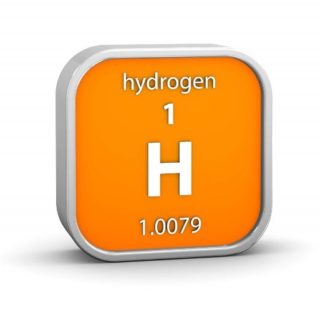-
IERE webinar hears that hydrogen is gaining pace across the world
Date posted:
-
-
-
Post Author
Patrick LaveryCombustion Industry News Editor
-

Research and expertise exchange organisation IERE held a webinar on its ongoing Technology Scouting Project on Hydrogen on 23 September, with over 70 participants across the world. The session, presented by Dr Max Voss of RWE Generation SE, covered the first scouting phase of the project, looking at the state of hydrogen development in a number of countries, current technologies, and the hurdles that need to be overcome to usher in national and international hydrogen economies. Highly informative, the very brief summary that follows can only partially do justice to the session. While different nations have different levels of maturity in their progress towards hydrogen, as a whole hydrogen is gaining momentum, as evidenced by the German government allocating €10 billion (US$11.65 billion) spending on the industry up to 2030, and the French government €7 billion (US$8.16 billion) for the same time frame. Utilities are generally in exploratory processes, and will need to make decisions about whether to become hydrogen producers or consumers (or both) if they have not already. Especially in regions with a high share of renewable energies, the development of large-scale electrolysers is the focus for green hydrogen production. Some equipment manufacturers are already developing turbines to run partially or fully on hydrogen, with the ideal being a turbine that can switch between the two. As international collaboration on hydrogen is not widespread at present, there is much potential for it, and part of the necessary work to establish hydrogen as a common fuel worldwide will be in building infrastructure to transport the gas, both through shipping and via pipelines. International standards and certificates of origin – principally to distinguish the carbon-free status of the hydrogen – will also be vital. Financial support through subsidies and carbon pricing is a further necessity in the establishment of hydrogen economies, and such support has to have enough stability to be able to base investment decisions upon. The project will move into its second and final phase in the coming months, which will focus on research into emerging technologies.
